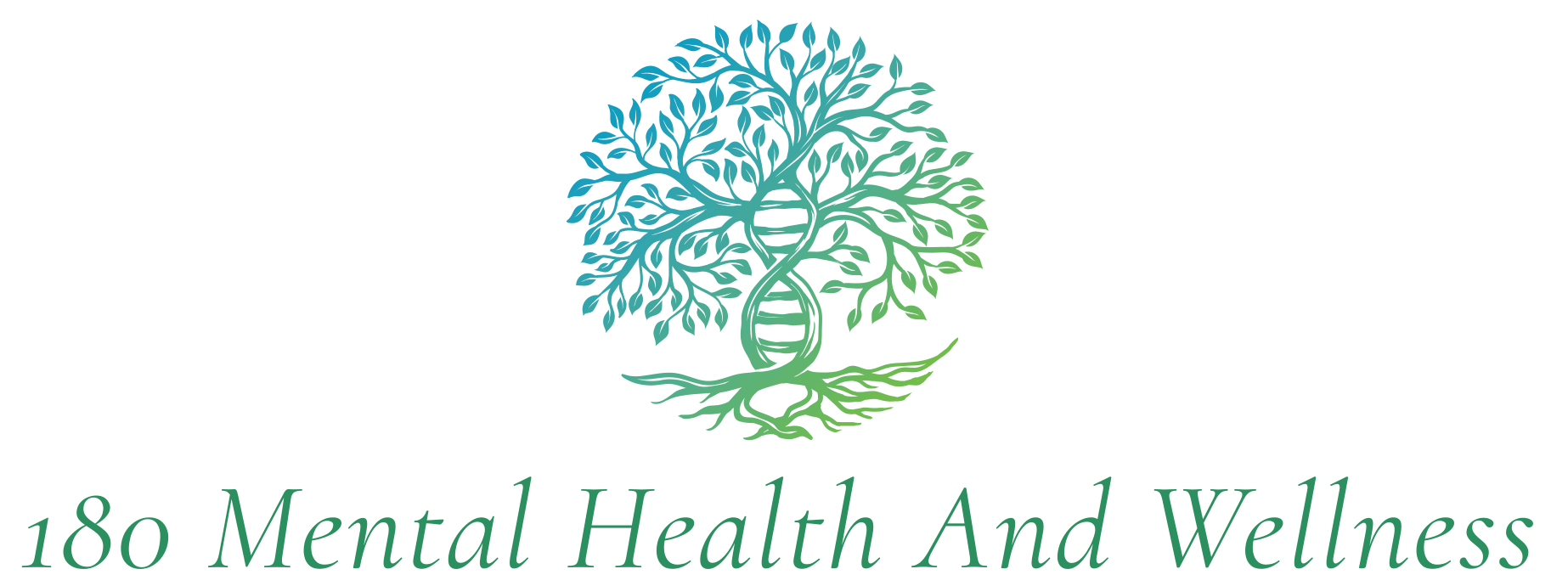Many people want to know if medication is the best treatment for anxiety, which affects millions worldwide. The quick answer is that it depends on your unique circumstances, such as your symptoms and overall health. Sometimes, it can be the best option for you, while others may need alternatives or a combination of treatments. Exploring this question is essential for anyone seeking effective ways to manage their symptoms.
This article will examine the role of medication in anxiety treatment. We will also discuss alternative approaches to help you make informed decisions about your mental health care.
Is Medication the Best Treatment for Anxiety?
The answer depends on each person. For some, medication helps reduce strong feelings of worry, panic, or fear. It can be very useful when anxiety makes daily life a challenge. However, medication is not the only way to treat anxiety.
Many people find that using more than one type of treatment works better. A mix of treatments can be designed to fit what each person needs.
Treatment Options for Anxiety
There are multiple treatments for anxiety, each with its strengths and limitations. Understanding these options can help you decide which treatment aligns with your needs and goals.
1. Medication
Providers often suggest medication when anxiety symptoms are very strong or hard to control in other ways. Common types of anxiety medications include:
Selective Serotonin Reuptake Inhibitors (SSRIs)
These medicines, like sertraline or fluoxetine, help balance serotonin in the brain. Many people find them helpful when taken regularly.
Benzodiazepines
These medicines, like lorazepam or alprazolam, work quickly to ease anxiety. They are usually used for a short time because they can cause dependency.
Beta-Blockers
These help with physical signs of anxiety, like a fast heartbeat or shaky hands, especially in stressful moments.
Medication can help control symptoms. However, it often works better when combined with other treatments.
2. Cognitive Behavioral Therapy (CBT)
CBT is often considered the best treatment for anxiety. This approach helps individuals identify the negative thought patterns contributing to their anxiety. They will then learn practical strategies to manage or alter these patterns.
For example, one technique used in CBT is challenging catastrophic thinking. It asks questions like, “What evidence do I have that supports or contradicts my anxious thoughts?” This process helps people develop a sense of control over their anxiety.
3. Mindfulness and Relaxation Techniques
Mindfulness-based practices can calm the nervous system and reduce anxiety. These techniques can be practiced daily to help people stay grounded and less reactive to stressful situations.
Popular mindfulness practices for anxiety include:
- Guided meditation using apps or online resources
- Practicing deep breathing exercises, such as the “4-7-8” method
- Body scans to promote awareness of physical sensations and tension
4. Lifestyle Changes
Small lifestyle changes can have a big impact on reducing anxiety. Making healthier choices every day can support overall mental well-being. Key areas to focus on include:
Nutrition
Opt for balanced meals rich in proteins, healthy fats, and complex carbohydrates. Limit caffeine, as it can exacerbate feelings of anxiety.
Exercise
Regular physical activity can help reduce stress by triggering the release of endorphins. Even 30 minutes of exercise per day can help reduce anxiety.
Sleep Hygiene
Create a consistent sleep schedule and a relaxing bedtime routine. This can help improve the quality and duration of your rest.
5. Support Groups and Peer Connections
Talking to others who share similar struggles with anxiety can reduce feelings of isolation. Support groups give individuals the chance to share their experiences. They can also learn from others and receive encouragement.
Many organizations and online communities offer free support groups for anxiety. They help participants connect with others and find reassurance.
6. Alternative Therapies
Some people benefit from complementary therapies, which can be used alongside traditional treatments. These may include:
- Acupuncture for stress relief
- Aromatherapy with calming essential oils, such as lavender
- Yoga or Tai Chi for both physical and mental balance
Evidence for alternative therapies varies. However, an open approach to experimentation can lead some to find what works best for them.
How a Mental Healthcare Provider Can Help
A mental healthcare provider begins by learning about you. They will ask questions to understand your symptoms, challenges, and goals. This helps them figure out what might be causing your anxiety and how it affects your life.
Creating a Personalized Plan
Once your provider knows more about you, they will help design a treatment plan that fits your unique needs. This plan may include therapy, medication, or lifestyle changes. They may also recommend other methods that suit your preferences and situation.
Guidance and Support
Your provider will guide you through each step of your treatment. They offer support, answer questions, and help you adjust your plan if needed. Their goal is to ensure you feel comfortable and confident in your care.
Improvement Tracking
Regular check-ins with your provider are important. They will assess your progress and make changes to your treatment plan if necessary. This ongoing care helps ensure that the treatment continues to work well for you.
The Best Treatment for Anxiety in Phoenix, AZ
The best treatment for anxiety should always be tailored to each person. What helps one person might not work as well for someone else. This depends on how severe the symptoms are, personal choices, and overall health. A good plan often includes a mix of treatments. These may include medication, therapy, mindfulness, and changes in daily habits.
At 180 Mental Health and Wellness, we focus on creating care plans designed just for you. Our team knows that everyone experiences anxiety in their own way. As the best mental health clinic near you, we are here to guide and support you through each step of the process. Call us at (480) 863-5250 or use our online appointment request form to request a consultation. For your convenience, we also offer telehealth for anxiety.
We look forward to being your healthcare partner for great mental health in Phoenix, AZ!

